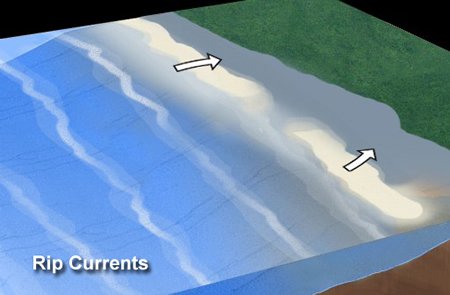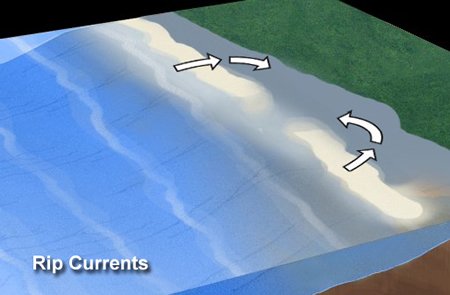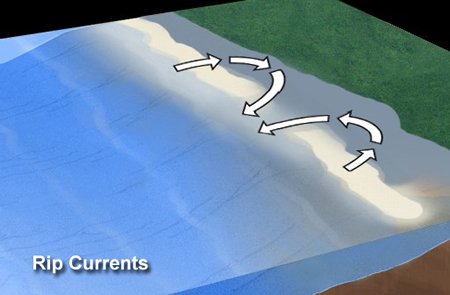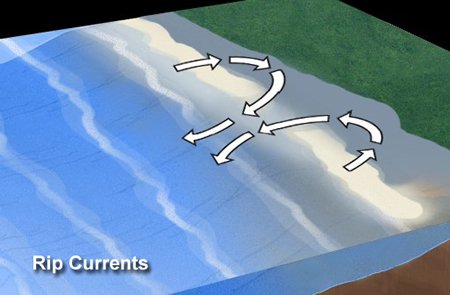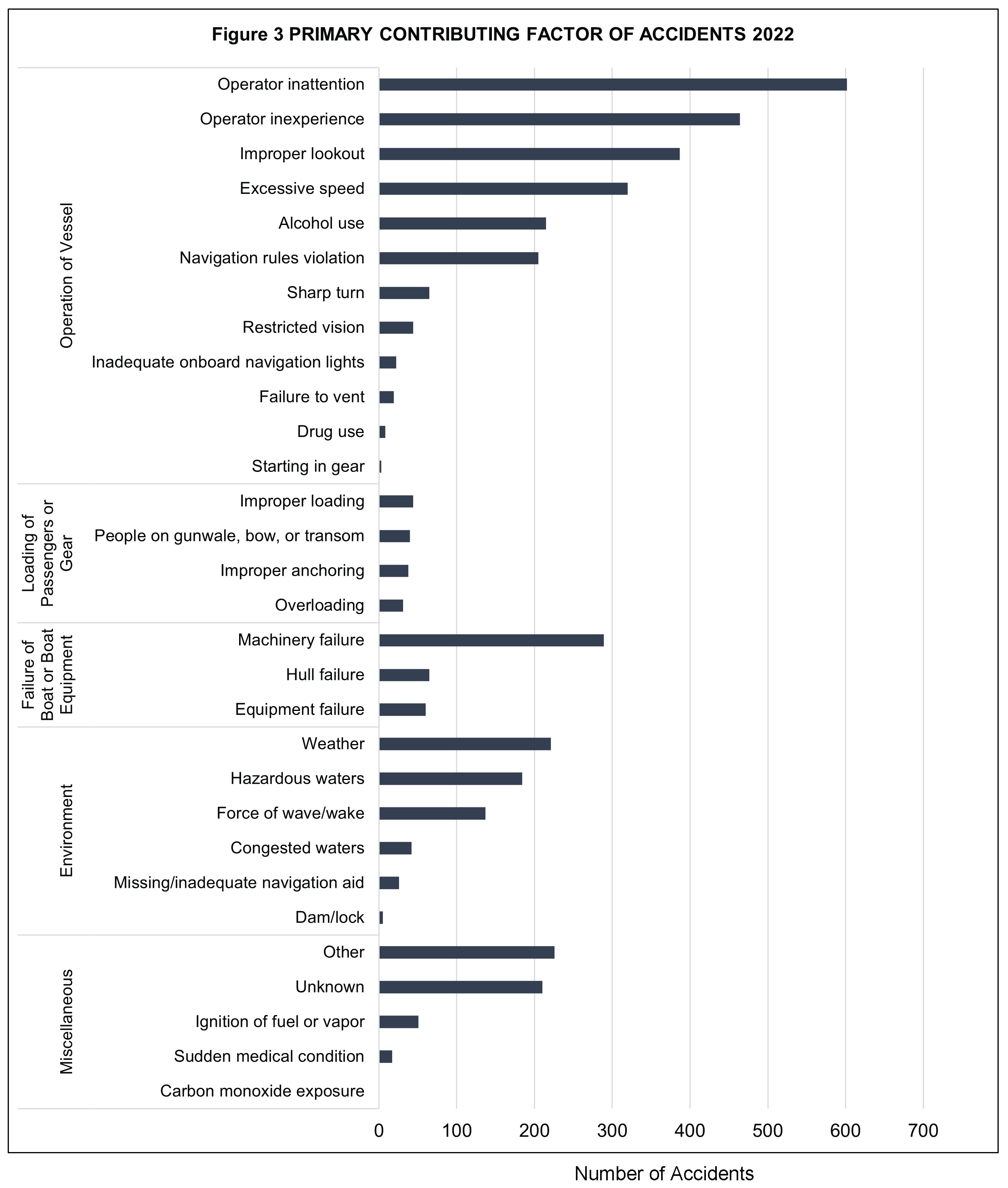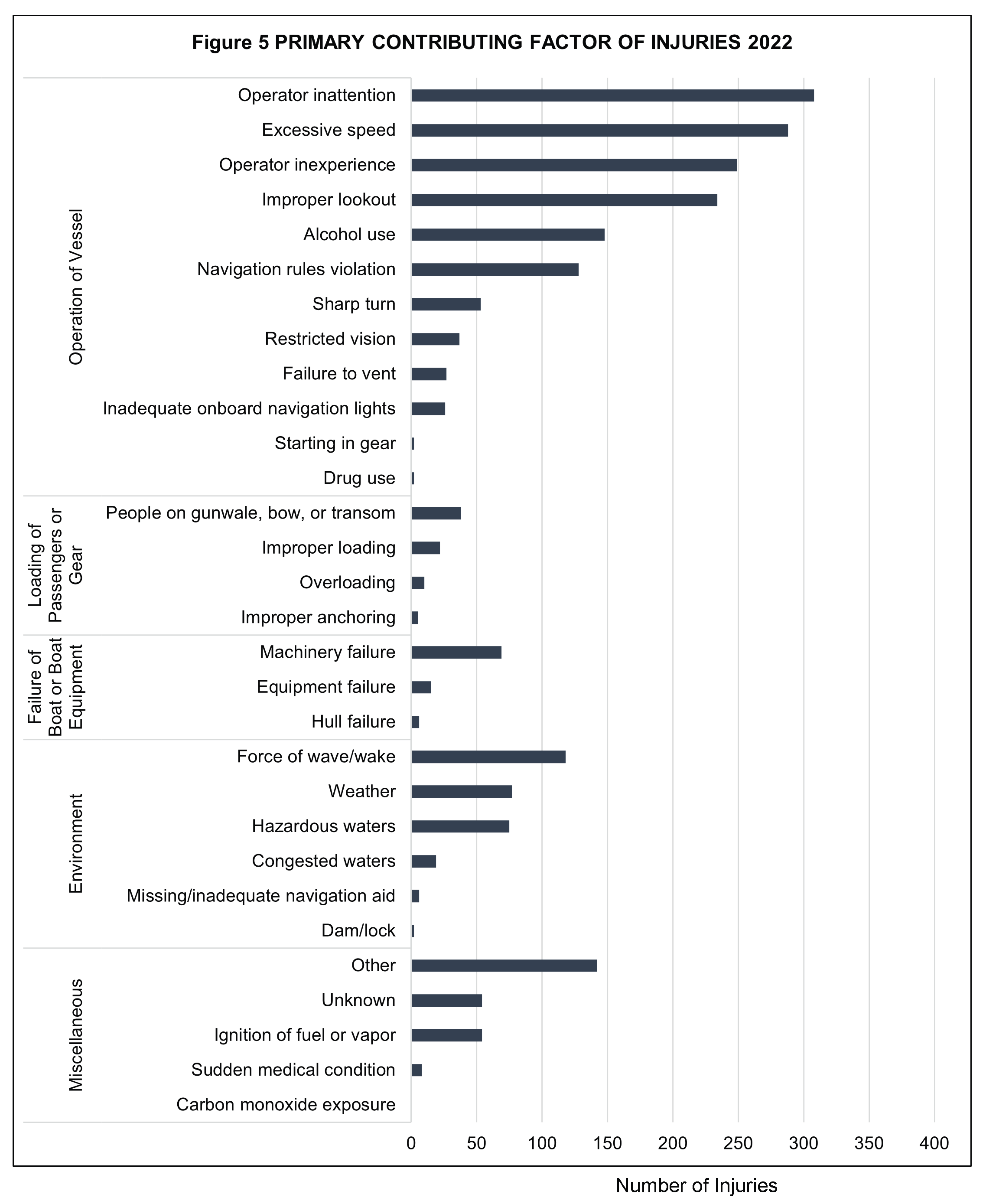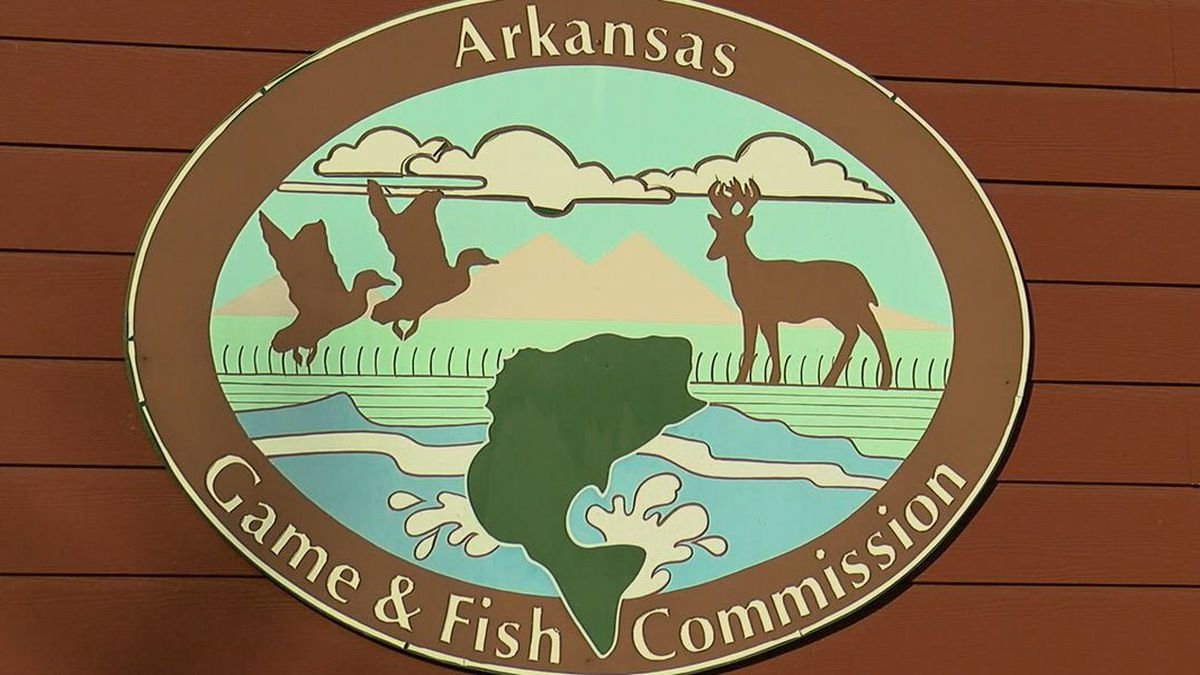Water Consciousness - Things to Remember this July 4th
/A few recent events have reminded me of the importance of being water conscious.
Earlier this year, a story emerged about Peyton Hillis, whom you may remember as Arkansas’ top ranked high school football player in 2004:
You may remember Hillis catching punts for the Hogs, or having the best hands on the team during his time in Fayetteville, but I remember him being the bone crushing fullback for DMAC and Felix Jones:
Or … you may remember Hillis being the Madden cover-boy in 2012:
It took someone with that kind of athletic ability earlier this year to prevent a tragedy. A swimming incident occurred involving Hillis’ son and niece (both under 10-years old), which nearly took his life on January 4th of this year, as he told Good Morning America:
Just a few days ago, another Razorback football legend was not so lucky in a similar situation. Ryan Mallett tragically drowned on June 27, 2023. It was first thought he got caught in a rip current on the Florida Gulf Coast near Destin. Although I’ve been a time or two, going to the beach is not a regular activity for me. I’ve never researched rip currents before until now. The National Oceanic and Atmospheric Administration (“NOAA”) explains:
“When waves travel from deep to shallow water, they break near the shoreline and generate currents. A rip current forms when a narrow, fast-moving section of water travels in an offshore direction. Rip current speeds as high as 8 feet per second have been measured—faster than an Olympic swimmer can sprint! This makes rip currents especially dangerous to beachgoers as these currents can sweep even the strongest swimmer out to sea.”
The NOAA recommends caution for beach swimmers because rip currents move perpendicular to shore and can be very strong:
A person caught in a rip current can be swept away from shore very quickly. For whatever reason, the rip currents in the gulf have been particularly bad this year. Local authorities have warnings along the beach to advise how safe it is to swim, which ranges from dangerous marine life to the beach being closed. According to the NOAA, the best way to escape a rip current is by swimming parallel to the shore instead of towards it, since most rip currents are less than 80 feet wide. A swimmer can also let the current carry him or her out to sea until the force weakens, because rip currents stay close to shore and usually dissipate just beyond the line of breaking waves. Occasionally, however, a rip current can push someone hundreds of yards offshore. The most important thing to remember if you are ever caught in a rip current, according to the NOAA, is not to panic. Continue to breathe, try to keep your head above water, and don’t exhaust yourself fighting against the force of the current.
Okaloosa County, Florida authorities later issued a statement that rip currents or other swimming or surf conditions were not a factor in Mallett’s passing. It was just a tragic accident.
I’ll never forget Mallett towering above his teammates and coaches walking up and down the Hogs’ sidelines in 2008 while he sat out that season after transferring from Michigan. As a Razorback fan, it didn’t take long in 2009 to realize Mallett was a special player as he torched a very good Georgia defense:
Mallett’s other accolades from 2010 can be seen here and here. As a Hog fan, Mallett represented hope, and provided uncommon faith in a player that does not come around often. I think the hope, faith, and joy he brought as a player to fans is why many who knew never personally knew him (me included) feel a sense of sorrow after his passing, which was shown by the eruption of social media post by people whom Mallett generously shared a picture. As a person, he was obviously much more to those close to him. #Remember15
The water safety events involving Hillis and Mallet, and the approaching 4th of July holiday weekend, were a reminder to me to always be water conscious. What hit me about the Hillis’ interview was him talking about the weather causing dangerous swimming conditions. The Hillis and Mallett situations got me looking into other water safety topics. I found stories including three men who drowned while recreating too close to a low-water dam in the Tulsa area on the Arkansas River, a duck hunter falling through ice and nearly drowning, and high winds causing a boat to capsize, causing a duck hunter to drown.
The Red Cross recommends the following swimming safety tips: (1) provide close and constant attention to children you are supervising in or near water; (2) take smart precautions and use layers of protection; and (3) ensure that everyone in the family learns to swim well and what to do in a water emergency. Each recommendation has several sub-points supporting each factor that is worth reviewing. Other additional water safety resources provided by the Red Cross are:
Drowning prevention and facts;
Swimming in lakes, rivers and streams;
Swimming safely at the beach; and
Life jacket safety saves lives.
Each link above has several worthwhile recommendations under each topic to think about before hitting the water this holiday weekend.
If you’re looking for swim classes, the Red Cross also provides locations near you. Locally, the City of Arkadelphia will be providing swim lessons this summer through the Parks and Recreation Department at the Aquatic Park. The first session of swim lessons occurred from June 6-16. The second session is from July 11-21, and the third session is from August 1-11. Each session will be on Tuesdays, Thursdays, and Fridays from 10:00-10:30 am at a cost of $65.00 to participate. Each session will cater to six different swimming abilities.
In addition to swimming safety, a website hosted by the U.S. Coast Guard has lots of relevant water safety topics. For example, one study by the National Association of State Boating Law Administrators found as follows:
Recreational boating statistics published by the Department of Homeland Security and the U.S. Coast Guard are also telling. For 2022, the following charts demonstrate the primary contributing factors for boating accidents and injuries are closely correlated:
You can find the full document here, and below is an executive summary of all data, and the conclusions drawn by the authors:
From this author’s perspective, and perhaps not surprisingly, the conclusion to draw from these statistics is to ensure the operator of a boat has enough experience and education to do so; and to be conscious of the leading causes of boating accidents and injury shown above. The Arkansas Game and Fish provide lots of good resources on boater education, which you can find here.
With the above in mind, have a safe and fun holiday weekend celebrating the birth of the country.



